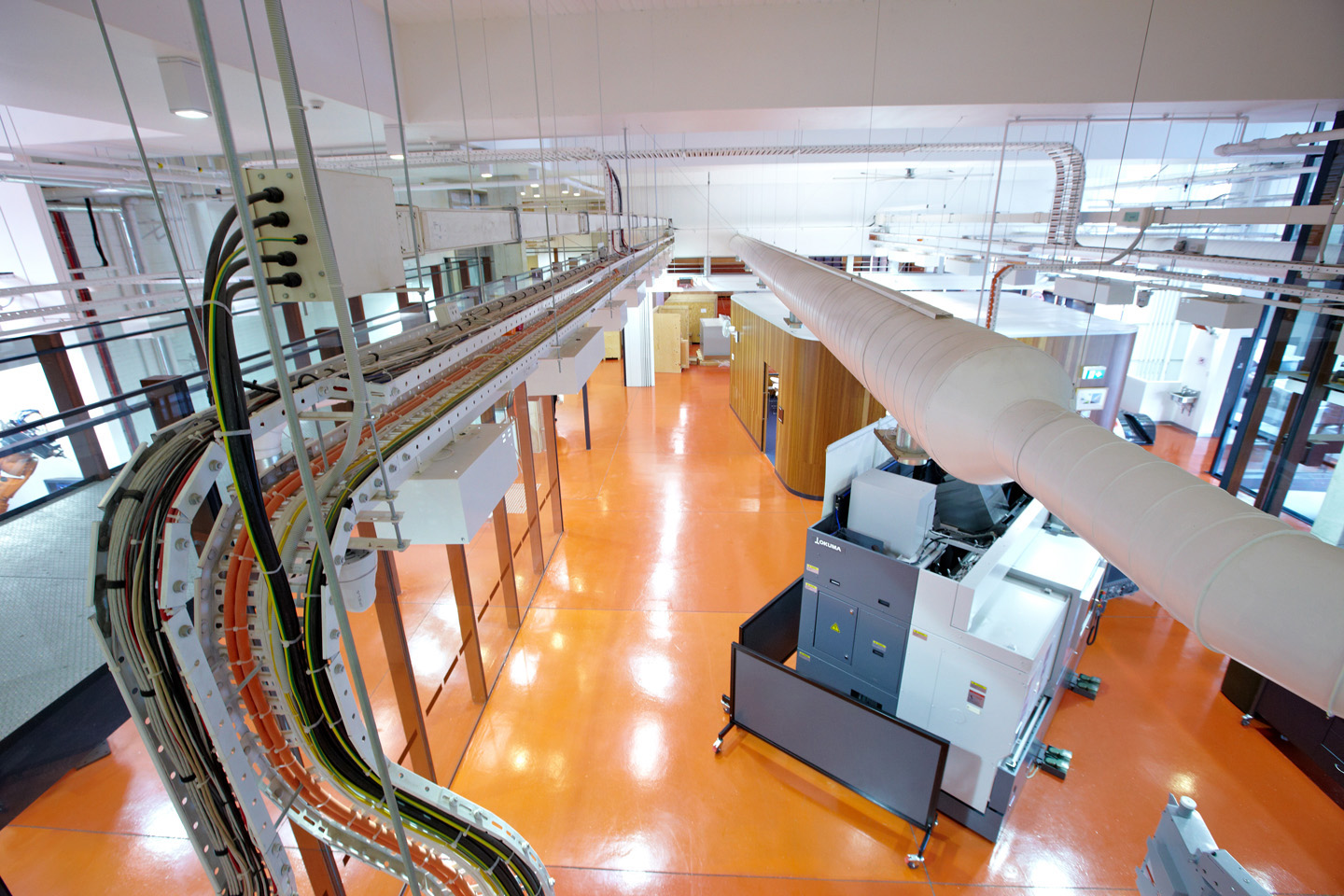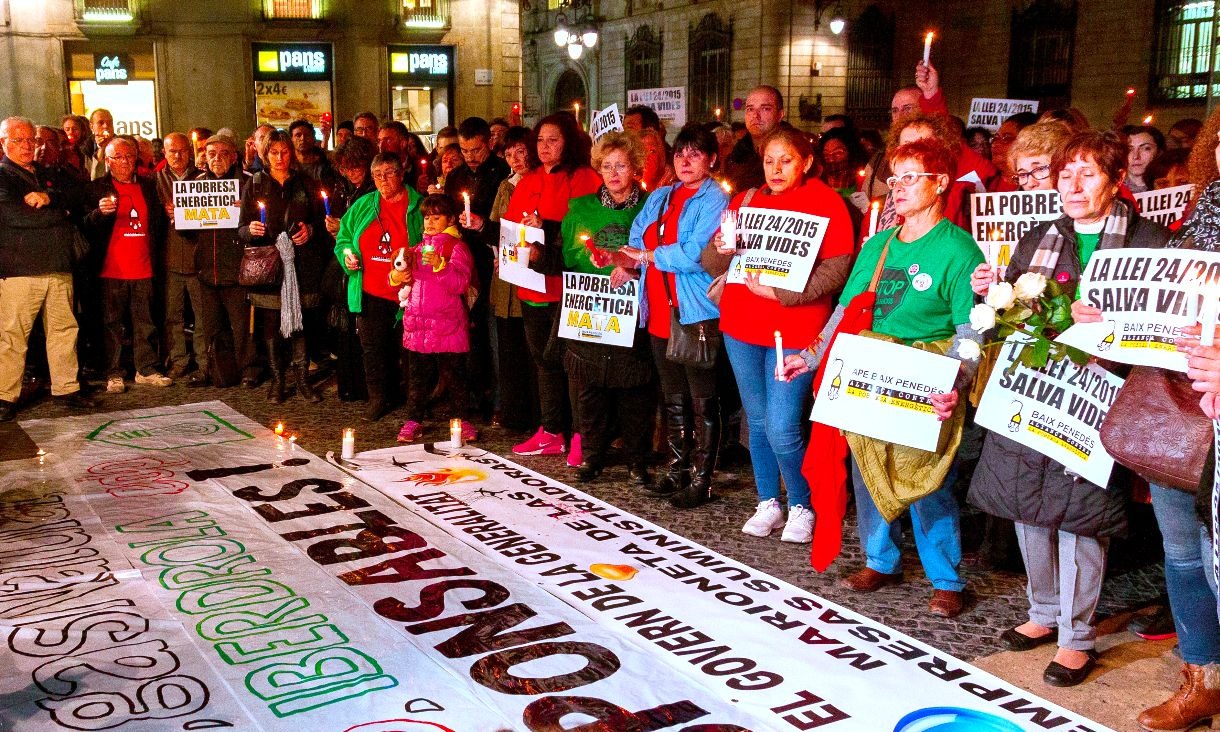2017 marked a difficult time for Australia’s car manufacturing industry, with 40,000 workers estimated to have lost their jobs as Ford, Holden and Toyota ceased manufacturing before the end of the year.
In addition to plant closures and increased competition, the automobile industry is now facing more radical changes with the development of connected, autonomous, shared, and electric vehicles, coupled with new market players, services, finance models, and online sales platforms.
Despite the significant change the automobile industry is undergoing, it remains a major contributor to the Australian economy and is still considered an essential part of the fabric of the nation.
A 2017 report predicted that the industry would contribute $37.1 billion to the economy, or 2.1% of GDP, and employ 360,000 people.
As Australia continues to be reliant on automotive transport to achieve its economic potential through connecting people and places, especially within rural and regional areas, investment in the future of the industry is crucial.
Paving the way for innovation
Based on a significant new grant, research being led by Francis Farrelly, Professor of Marketing at the College of Business examines the marketing, design and innovation capabilities of Australian organisations operating in the automotive sector in the context of this Disruption.
Professor Farrelly is an award-winning educator, researcher and consultant with over twenty years’ experience researching and publishing on marketing and innovation.
He has also collaborated with major national and global brands as well as state and federal governments – recently completing a whitepaper on innovation for the Federal Governments Taskforce on Innovation.
“New technology, global competition, high costs of local labour and changing consumer behaviours are all affecting the profitability of established operations, but there are opportunities for companies that are ready to adapt,” Farrelly said.
“My research is showing that the firms in the Australian automotive industry will need to work in a more strategic and consumer-centric way than ever before, and that it will be difficult as this is a highly product-oriented industry.
“It will need to develop its capacity in the leadership, marketing, design, sales, retail and partnership space. Corporate cultures may also need to change to empower employees to embrace the transformation.
“While there are many unknowns, the nature of the change both at a macro-environment and industry level, converging trends, and the scale and focus of current investments especially by major international automotive manufacturers and other new players in the changing ecosystems, offers considerable insight for marketing related decision-making going forward in the Australian market, he said.
“It is vitally important that Australian companies and the Government are proactive and positioned for the long term”.
Internationally-recognised incentives and events agency Destination decided to provide the grant when they observed the many challenges its clients in the automotive sector were facing.
The grant sits alongside a host of initiatives that aim to encourage competitive investment, innovation, and economic sustainability in the Australian automotive industry, such as the Automotive Transformation Scheme (ATS) run by the Department of Industry, Innovation and Science.
Destination CEO Glenn Fitzgerald said the research will help maintain the uniqueness of the Incentive and Business Insights Study Programs it offers to organization’s such as Mercedes-Benz, Jaguar Land Rover, Isuzu and Nissan. These programs expose participants to world’s best-practice insights across a range of marketing and innovation related areas in a highly immersive learning environment.
“Destination has always been a forward-thinking company, and we believe that by investing in knowledge and capabilities, existing businesses can evolve to thrive on that change. This grant is about better understanding related needs in the auto industry so we can create better incentive and insights executive study programs to serve that industry,” Fitzgerald said.
Destination provides the Incentive and Business Insights Study Programs to various international locations including New York, Tokyo, San Francisco, London, Queenstown, and Paris, and focusses on areas such as digital marketing, branding, retail, sales, creative thinking, innovation and ideation.
Story: Jasmijn van Houten




